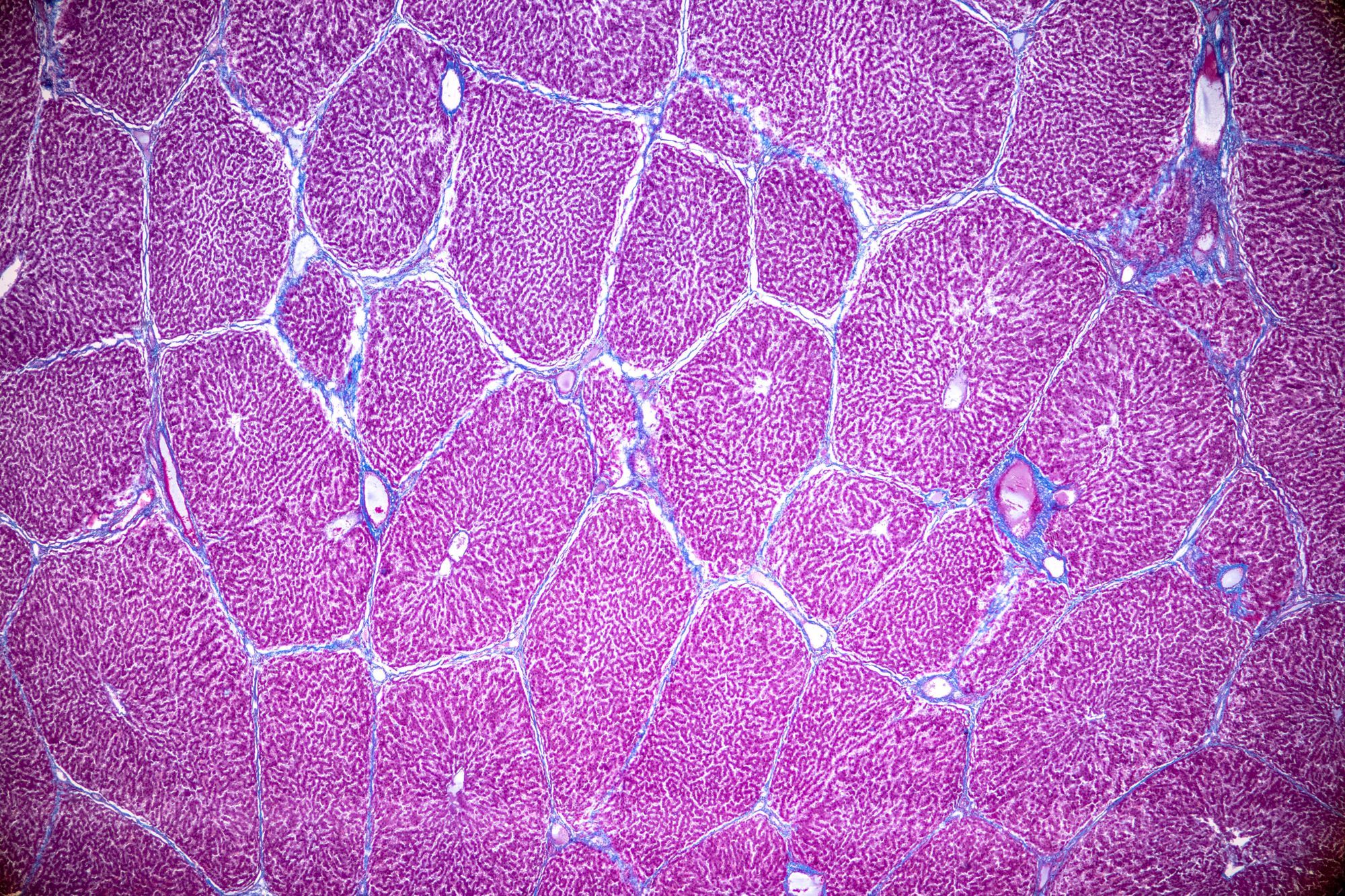Article
Lenvatinib May Provide Survival Benefit With Manageable Toxicities in Recurrent HCC After Liver Transplantation
Author(s):
Lenvatinib was effective in treating patients with recurrent hepatocellular carcinoma after liver transplantation and demonstrated manageable toxicities.
Hepatocellular Carcinoma

Lenvatinib (Lenvima) was effective in treating patients with recurrent hepatocellular carcinoma (HCC) after liver transplantation and demonstrated manageable toxicities, according to a recent retrospective study.
Outcomes from the single-center study, which was presented at 2022 ASCO Gastrointestinal Cancers Symposium, were comparable to those from the REFLECT trial (NCT01761266), in which researchers excluded patients who underwent liver transplantation.
“Despite of immunotherapeutic advances [atezolizumab (Tecentriq) plus bevacizumab, pembrolizumab (Keyruda) and nivolumab (Opdivo)] in the management of advanced HCC, patients with prior [liver transplantation] are not benefitted because of the risk of allograft rejection, and they are also excluded in most prospective clinical trials for novel agents,” Kyunghye Bang, MD, of the Department of Oncology at Asan Medical Center at the University of Uslan College of Medicine in Seoul, Korea, said during the presentation.
In this study, researchers assessed the impact of lenvatinib in 22 patients with recurrent HCC after liver transplantation who were treated in a medical center in South Korea between November 2019 and March 2021. Patients who weighed 60 kg or more received 12 mg of lenvatinib per day, whereas those who weighed less than 60 mg received 8 mg of the drug per day. Response to lenvatinib and adverse events associated with the treatment were graded by RECIST v1.1 and NCI CTCAE v5.0.
Patients in the study had a median age of 58 years (range, 20-69) and 95.5% (n = 21) were men. The most common HCC etiology was hepatitis B (n = 18; 81.8%). Recurrence after liver transplantation occurred at a median of 6.6 months (95% CI, 4.2-9.1 months). Before treatment with systemic therapy, the most commonly used therapy for recurrent HCC after a liver transplant was transarterial embolization (n = 12; 54.5%).
Most patients at the time of lenvatinib initiation were Child-Pugh A (n = 21; 95.5%), with 15 patients (68.2%) classified as ALBI grade 1 and 7 patients (31.8%) classified as ALBI grade 2. All patients in this study were at BCLC stage C. In addition, lenvatinib was administered as either a first-line (n = 19) or second-line therapy (n = 3).
Lenvatinib demonstrated an objective response rate of 13.6%. The median progression-free survival (PFS) was 6.6 months (95% CI, 3.6-9.5 months) during a median follow-up of 5.2 months (range, 1.7-14.5 months). Also during follow-up, overall survival (OS) was 14.5 months (95% CI, not assessable). The 6-month OS rate was 88.8%, and the 6-month PFS rate was 59.8%.
ALBI grade may be a predictor of OS, as patients with ALBI grade 2 had significantly poorer OS (11.1 months; 95% CI, not accessible) compared with those with ALBI grade 1 (14.5 months; 95% CI, not accessible; P = .011). Adverse events that occurred with lenvatinib treatment included thrombocytopenia (n = 7; 31.8%), hypertension (n = 8; 36.4%) and fatigue (n = 6; 27.3%).
Reference
Bang K, Yoo C, Ryu M-H, et al. Efficacy and safety of lenvatinib in patients with recurrent hepatocellular carcinoma after liver transplantation: A retrospective analysis. Presented at: 2022 ASCO Gastrointestinal Cancers Symposium; January 20-22, 2022; Virtual. Abstract #410









